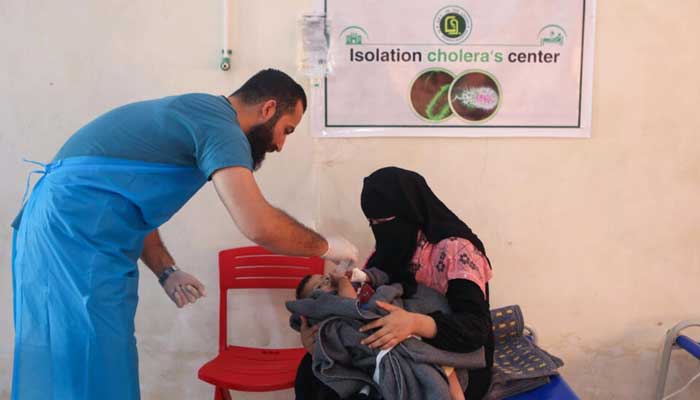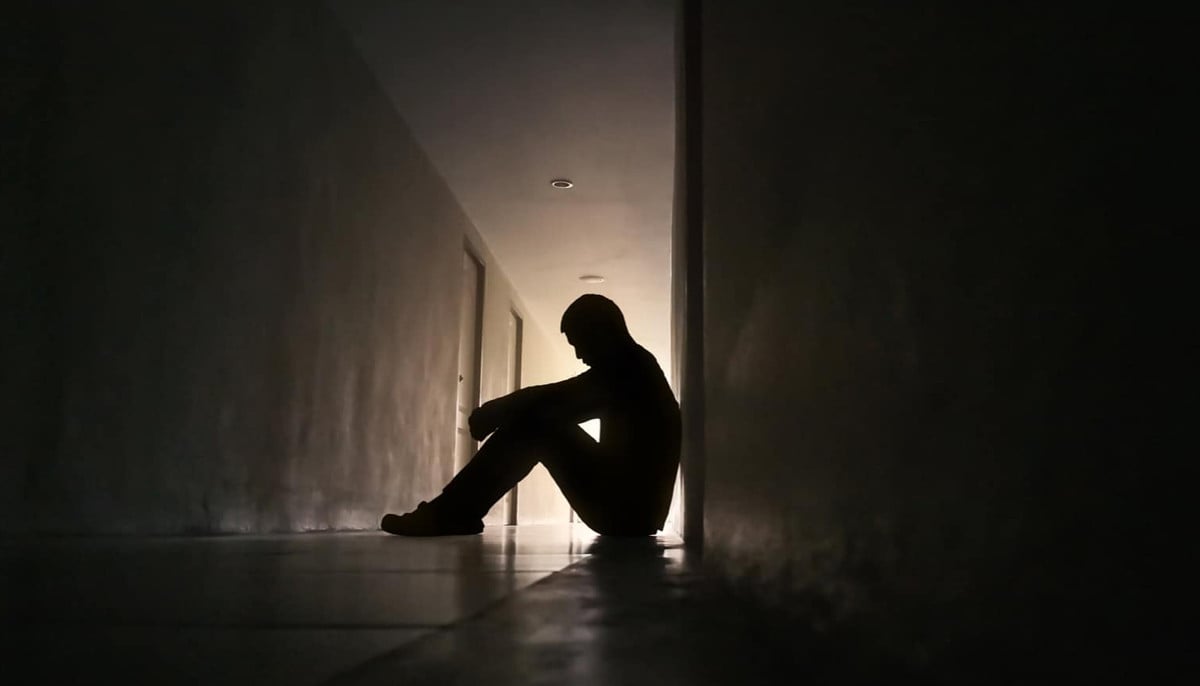Syria cholera outbreak worsened by regime, Turkey: HRW
Ankara has "failed to ensure" adequate water flow down Euphrates river and supply from the strategic Turkish-controlled Alouk water station, says HRW
BEIRUT: Human Rights Watch Monday accused the government in Damascus and Turkey of exacerbating Syria's deadly cholera outbreak by restricting aid and water-flow to the country's Kurdish-held northeast.
Syria has recorded 81 deaths and more than 24,000 suspected cases of the extremely virulent disease since September, according to the World Health Organization, in the country's first outbreak for more than a decade.
Ankara has "failed to ensure" adequate water flow down the Euphrates river and supply from the strategic Turkish-controlled Alouk water station, HRW said.
The rights group also slammed the government of Syrian President Bashar al-Assad for its "discriminatory diversion of aid and essential services" away from Kurdish-held areas in the northeast.
Residents of this area are facing waning river flow from the Euphrates, where water testing in September proved the presence of bacteria responsible for cholera, a Kurdish health official told reporters at the time.
Syrian Kurdish authorities have also accused neighbour and archfoe Turkey of weaponising water by tightening the tap upstream - claims Ankara has denied.
"Turkey can and should immediately stop aggravating Syria's water crisis," said Adam Coogle, deputy Middle East director at HRW.
"This devastating cholera outbreak will not be the last waterborne disease to impact Syrians if the country's severe water problems are not immediately addressed."
Cholera is generally contracted from contaminated food or water and spreads in residential areas that lack proper sewerage networks or mains drinking water.
"Longstanding restrictions on aid reaching Kurdish-held areas... have left healthcare facilities and humanitarian groups operating in northeast Syria scrambling to respond to a disease that can spread rapidly," HRW said, elaborating on the Syrian government's alleged culpability.
Inside Syria, the Euphrates flows mostly along territory controlled by semi-autonomous Kurdish authorities, whose US-backed fighters dislodged the Islamic State group from the jihadists' last scrap of Syrian territory in 2019.
Turkey regards these Kurdish fighters as terrorists.
"All parties to the conflict need to ensure the right to clean water and health for everyone in Syria," HRW said.
-
Late James Van Der Beek inspires bowel cancer awareness post death
-
Bella Hadid talks about suffering from Lyme disease
-
Gwyneth Paltrow discusses ‘bizarre’ ways of dealing with chronic illness
-
Halsey explains ‘bittersweet’ endometriosis diagnosis
-
NHS warning to staff on ‘discouraging first cousin marriage’: Is it medically justified?
-
Ariana Grande opens up about ‘dark’ PTSD experience
-
Dakota Johnson reveals smoking habits, the leading cause of lung cancer
-
Chris, Liam Hemsworth support their father post Alzheimer’s diagnosis












